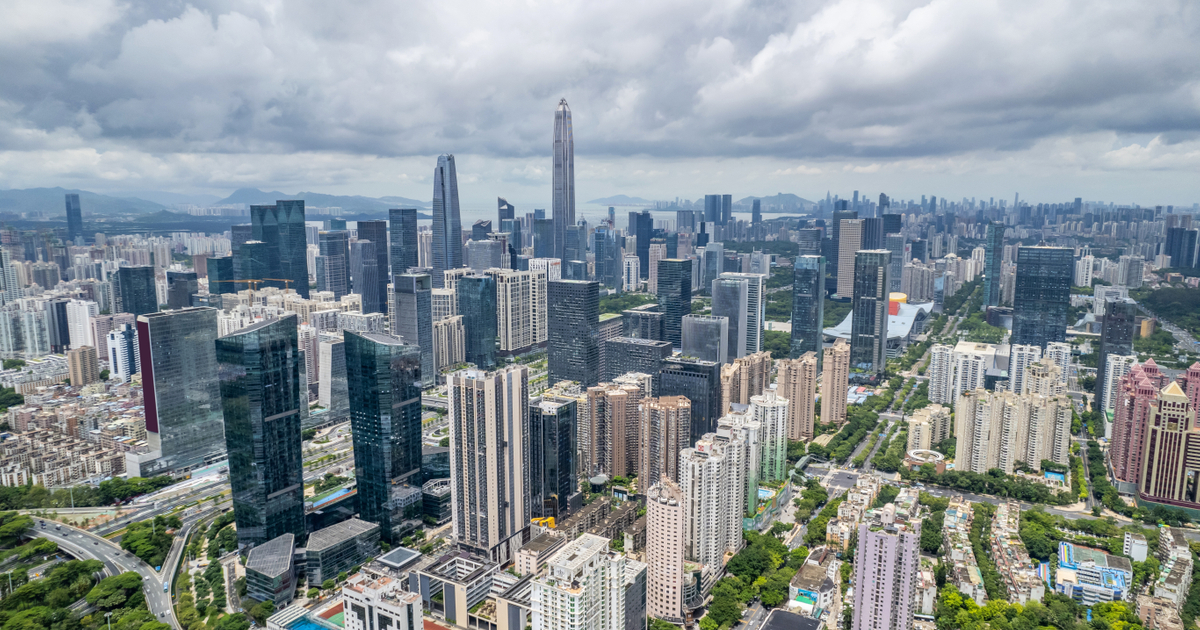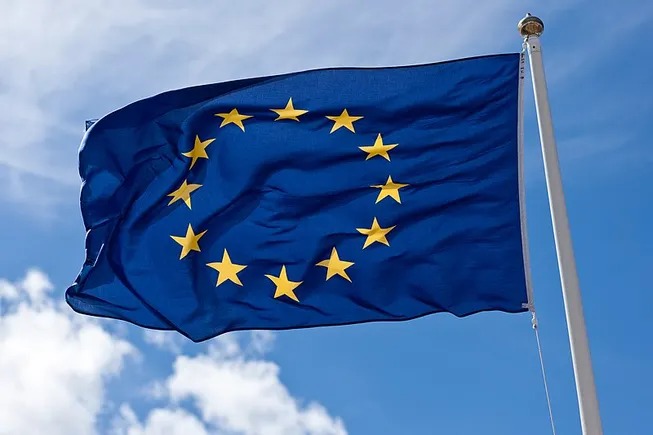After explosions hit Kyiv, dread grips the city over Russia's approaching military might
There's widespread uncertainty in Kyiv over whether Russia will launch a full assault on the capital in the coming hours and days.
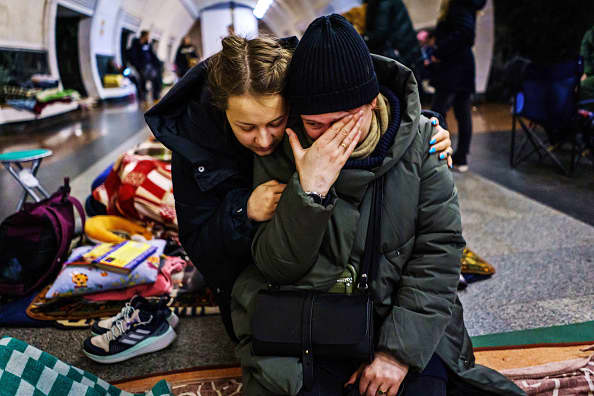
Anastasia Vakulenko (left) consoles Natalya Chikonova as they seek shelter in a subway station on the seventh day of the Russian invasion, in Kyiv, Ukraine, on March 2, 2022.
Marcus Yam | Los Angeles Times | Getty Images
Explosions have rocked Ukraine's capital Kyiv overnight amid widespread uncertainty over whether Russia will launch a full assault on the capital in the coming hours and days.
Massive blasts were heard and filmed in the city last night, with one video on social media showing a huge fireball rising in the city's sky. It's unknown what the targets of the explosions were, or whether there have been casualties caused by the blasts.
NBC News is working to verify camera footage posted online purporting to show explosions hitting the city.
More than 1 million Ukrainians have fled the country since the start of the Russian invasion a week ago, but many have stayed and taken up arms to fight Russian forces.
Many of Kyiv's residents, including children, also remain in the city, living or seeking shelter in subway stations, basements and underground bunkers when air raid sirens warn of incoming strikes.
A girl sits with her dog and cat in the Dorohozhychi subway station which has has been turned into a bomb shelter on March 02, 2022 in Kyiv, Ukraine.
Chris Mcgrath | Getty Images News | Getty Images
Russia has said Kyiv's residents will be allowed to evacuate the city in the direction of Vasylkiv, to the southwest of the city.
"There will not be any obstacles from Russian military personnel for the exit of the civilian population," Maj Gen Igor Konashenkov, a spokesperson for the Defense Ministry, said on Wednesday, according to Russian state news agency TASS.
This is the second time that Russia has warned Kyiv's residents to leave the city, with Konashenkov insisting on Monday that the route toward Vasylkiv was "open and safe," despite reports of Russian missile strikes on the town. The following image shows damage purportedly caused by Russian missile strikes on Vasylkiv.
A five-storey hostel in Vasylkiv, Kyiv Region, northern Ukraine, shows the damage caused by Russian rockets.
Future Publishing | Future Publishing | Getty Images
The convoy
As many residents of Kyiv take shelter in underground stations and bunkers, the decision of whether to stay or go — and to risk possible harm and death in the process of leaving — has become acute this week, particularly as concerns grow that Russia could be poised to launch an all-out assault on the city.
Fears have grown after satellite images emerged at the start of the week showing a huge convoy of Russian military vehicles, estimated to be around 40 miles long, slowly snaking its way toward the capital.
The following satellite image was taken by U.S firm Maxar Technologies on Monday. It appears to show a convoy of Russian armored tanks and trucks that stretched from Pybirsk, further north of Kyiv, to the Antonov airport (also known as the Hostomel airport — the site of fighting last week between Russian and Ukrainian forces) on the northwestern outskirts of the Ukrainian capital.
Satellite images from Maxar Technologies taken on Feb. 28 appear to show a convoy of Russian vehicles advancing on Ukraine's capital Kyiv. The firm says these images show the northern end of the convoy, with logistics and resupply vehicles. Satellite image (c) 2022 Maxar Technologies.
Maxar Technologies | Getty Images
The convoy has reportedly been held up on its way to Kyiv, however, amid unconfirmed reports of food and fuel shortages.
When asked about the convoy's progress and position at a press briefing on Wednesday, U.S. Defense Department Spokesman John Kirby said "we still assess that that convoy, but more broadly speaking the northern push by the Russians down towards the south, towards Kyiv, remains stalled."
"From our best estimates have not made any appreciable progress geographically speaking in the last 24 to 36 hours," he added.
The U.S. defense official believed there were several reasons for the delay: "One, we believe the Russians are deliberately, actually, regrouping themselves and reassessing the progress that they have not made and how to make up for lost time. Two, we do believe that they have experienced logistics and sustainment challenges, challenges that we don't believe they fully anticipated."
Lastly, he said, Russian forces have experienced "resistance from the Ukrainians," with indications — although the U.S. could not completely independently verify them — that "Ukrainians have in fact tried to slow down that convoy."
Britain's Ministry of Defense confirmed the United States' assessment of the convoy on Thursday, issuing an intelligence update in which it said "the main body of the large Russian column … remains over 30 kilometers (18.6 miles) from the centre of the city, having been delayed by staunch Ukrainian resistance, mechanical breakdown and congestion."
The ministry also believed that "the column has made little discernible progress in over three days."
Jack Watling, a research fellow for land warfare and military sciences at the Royal United Services Institute (RUSI) in London, said there were a number of logistical challenges that the convoy faces.
"When you have that many vehicles on a very small number of roads you need to move fuel and food and large quantities of it along that road so you're continually having to move the vehicles aside and then at the other end you're having to work who's going to go where and what they're going to do," he said.
"So I think the Russians are trying to sort themselves out, as it were, and shake out at the other end and prepare for what they want to do to Kyiv," he told the BBC's "Today" program on Thursday.
Dire situation
Kyiv is only one of the a number of key cities that Russian forces are hoping to seize following their invasion of Ukraine. Other key strategic cities including Kharkiv and Mariupol have been the scenes of fierce fighting. There are reports that Russian forces have taken control of Kherson in the south, with the city's mayor announcing on Facebook Wednesday evening that Russians had imposed a curfew and other rules on residents. The mayor, Igor Kolykhayev, warned residents not to provoke the Russian military.
A building entrance after the shelling by Russian forces of Constitution Square in Kharkiv, Ukraine's second-biggest city, on March 2, 2022.
Sergey Bobok | Afp | Getty Images
Britain's defense department stated on Thursday that despite heavy Russian shelling, the cities of Kharkiv, Chernihiv and Mariupol were still in Ukrainian hands.
Some forces had entered the southern city of Kherson, the Defense Ministry said, but "the military situation remains unclear."
RUSI's Watling said we're seeing a shift from "the war of the Ukrainian military to the war of the mayors," with several Ukrainian city officials providing blow-by-blow accounts of Russian attacks on their cities and their attempts to resist.
"Essentially a number of cities have been surrounded at this point and the longer they hold out, the fewer troops the Russians will have to encircle Kyiv. And in addition, the longer that Kyiv can continue to attack and disrupt those Russian forces that are trying to surround the city … If it's not encircled, then it can last for longer," he told the BBC's "Today" program.
Hundreds of thousands of Ukrainians have already chosen to flee westward for safety, and the U.N. predicts that the number of displaced people will grow.
On Thursday, the U.N. High Commissioner for Refugees Filippo Grandi said in a statement that "hour by hour, minute by minute, more people are fleeing the terrifying reality of violence. Countless have been displaced inside the country. And unless there is an immediate end to the conflict, millions more are likely to be forced to flee Ukraine."
Western nations have imposed massive sanctions on Russia's economy and key individuals close to Russian President Vladimir Putin, sending the ruble plummeting. The country, which has been banned from international cultural and sporting competitions, is looking increasingly isolated on the global stage.
There are, however, calls for the West to do more in Ukraine's hour of need. Lithuania's former President Dalia Grybauskaite told CNBC on Thursday that "it looks like the West is afraid of Russia."

 JimMin
JimMin 








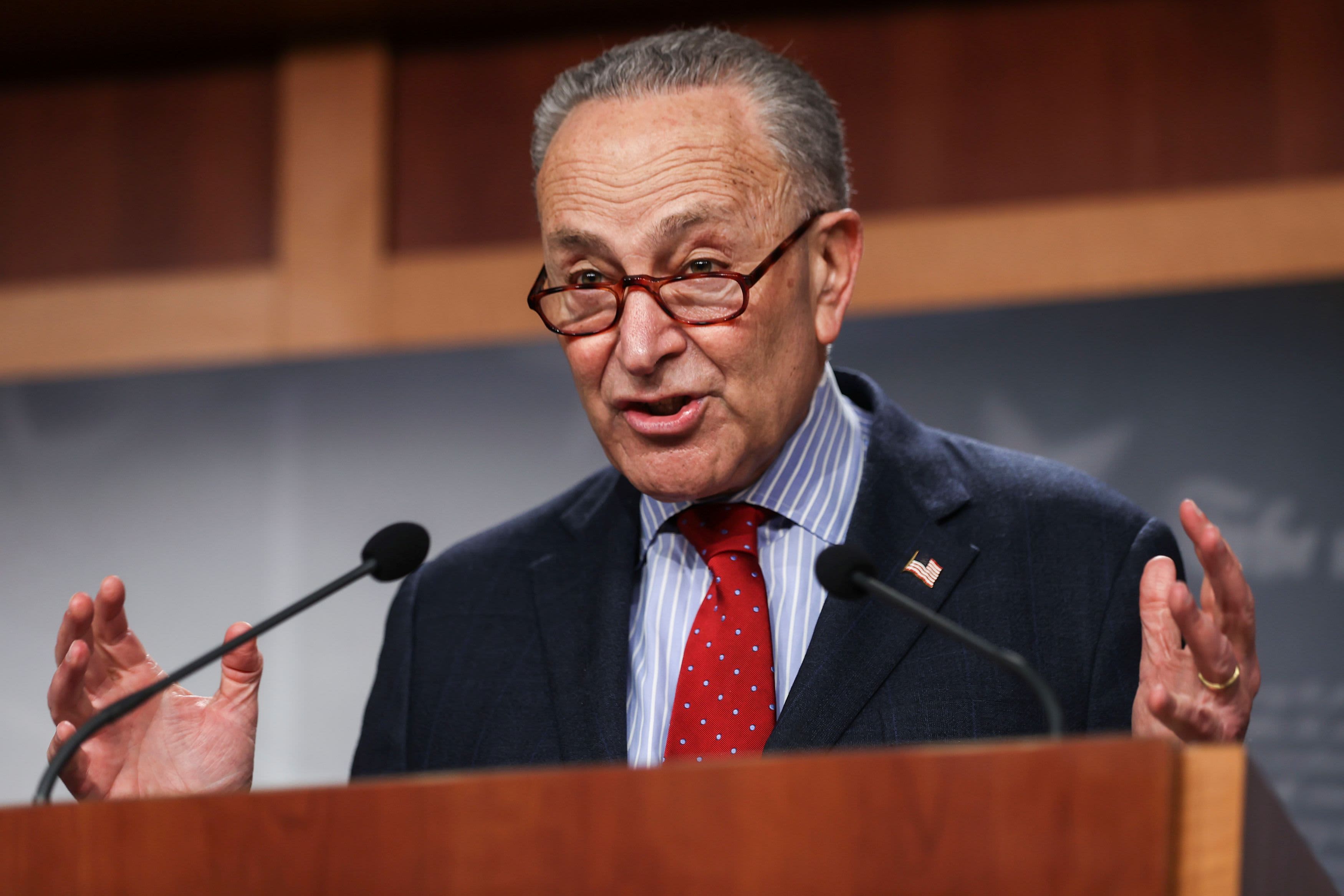
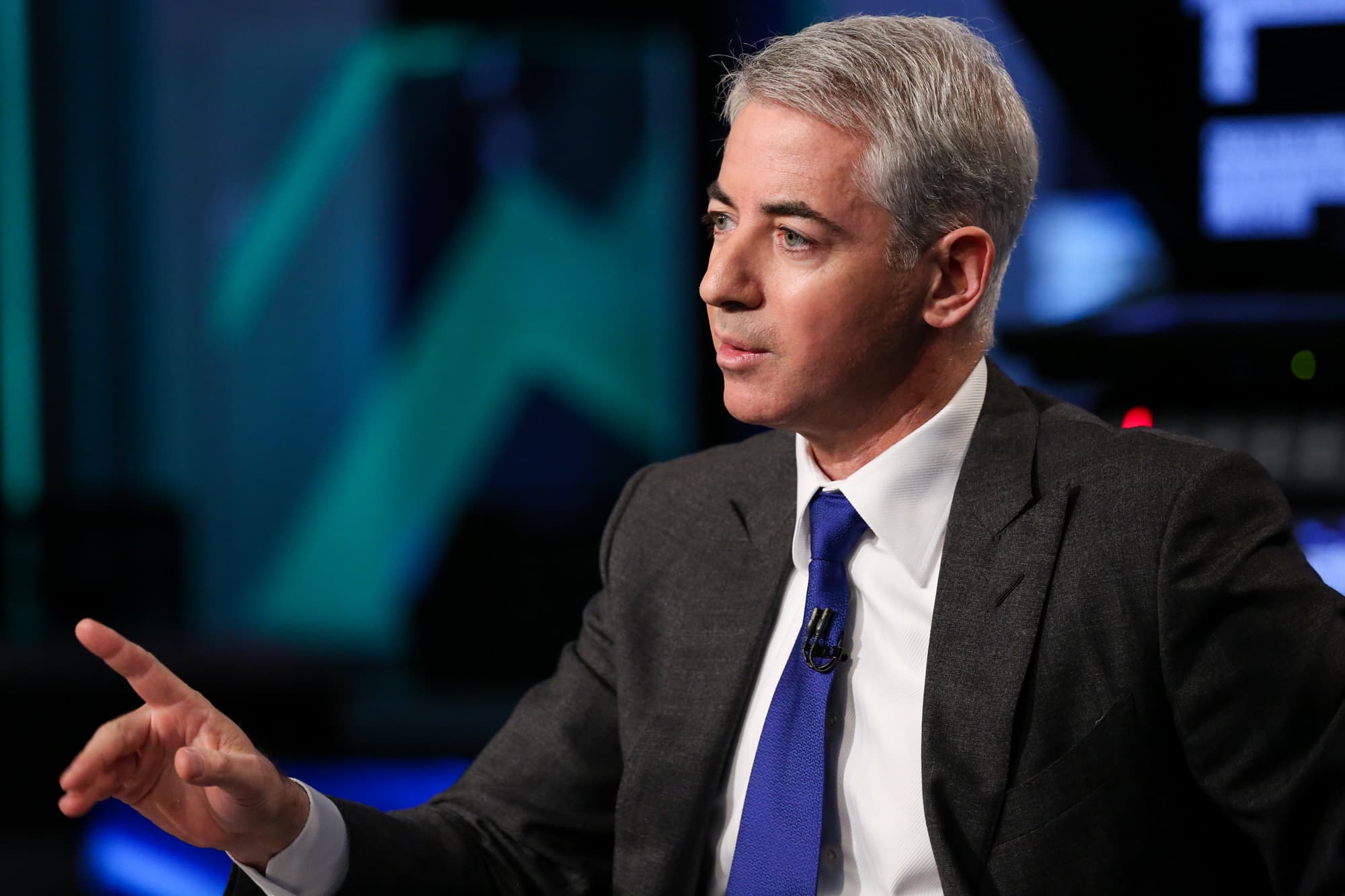

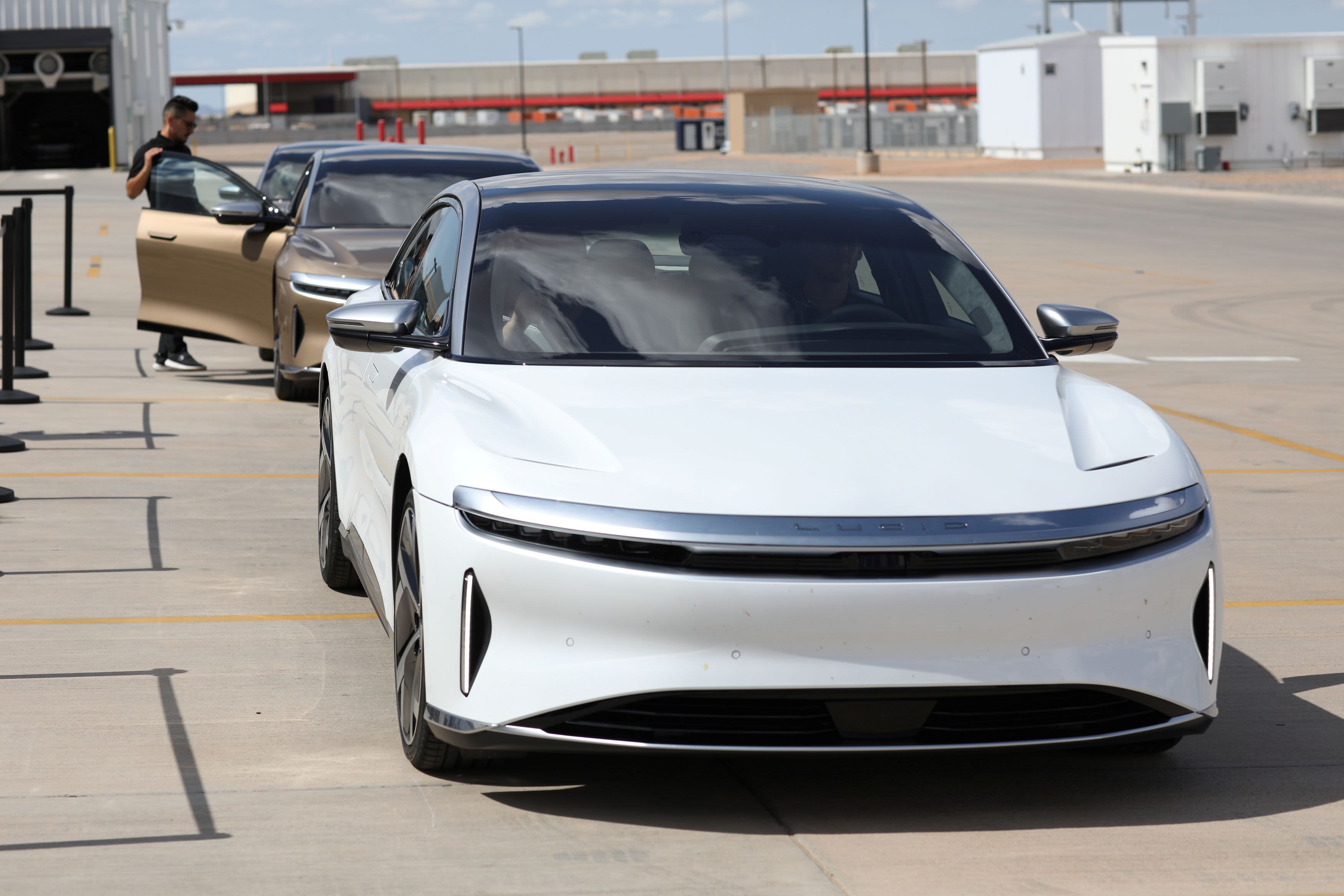
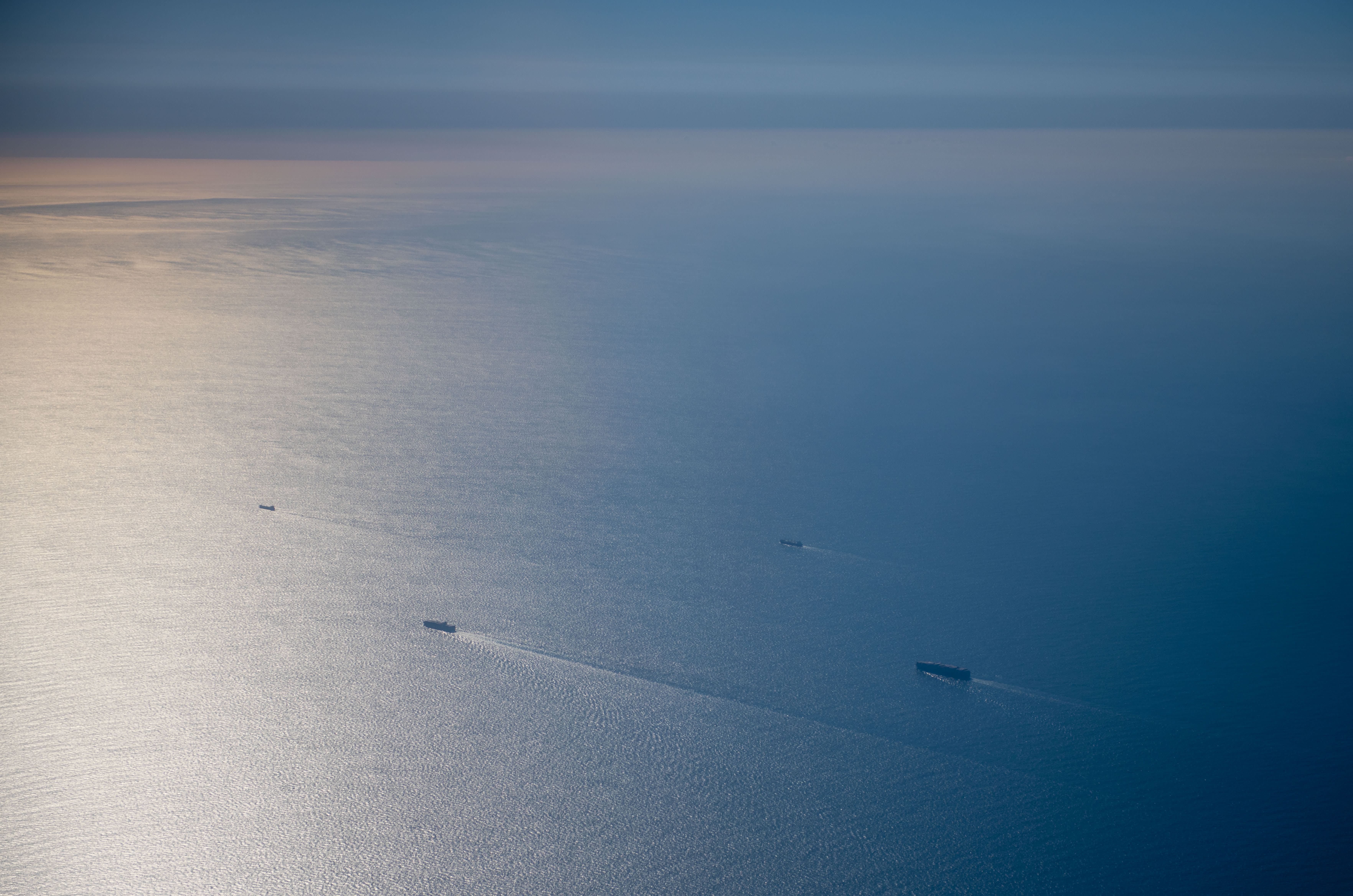










.jpg&h=630&w=1200&q=100&v=154b70b92d&c=1)


